SUMMARY
This is AI generated summarization, which may have errors. For context, always refer to the full article.
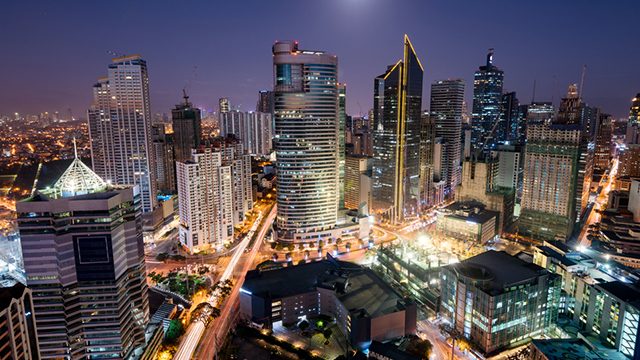
A tax advocacy group is looking for legislators to sponsor its proposal on wealth tax for the richest Filipinos to generate much-needed government revenues in light of ballooning pandemic expenses.

The Freedom from Debt Coalition (FDC) on Thursday, April 29, proposed a wealth tax scheme, which aims to impose additional taxes on Filipino billionaires, with their net worth as basis for the computations.
Under FDC’s progressive tax proposal, individuals whose net worth are between P100 million and P300 million should have an effective tax rate of 2%.
For the wealthier ones or those who have a net worth of P1 billion to P1.3 billion, the FDC is proposing that they be taxed 3% of that amount.
For the richest of the rich, whose net worth are at least P2.5 billion, the group wants them to be taxed 3.75% of that amount.
FDC wants individuals covered by wealth tax to file their tax returns no later than May 31 of the year and pay half of the amount due. Then 25% of the tax would be due on or before August 31, while the remaining 25% would be paid on November 30.
Tony Salvador of FDC said the government would gain at least P112 billion from the 50 richest Filipinos, should their proposal push through.
He added that imposing wealth tax is just fair, as employees are slapped with significantly higher tax rates than the rich.
“‘Yung empleyado, mataas ang income tax, pero ang mayayaman wala silang compensation income. Nasa capital gains, sa pagbebenta ng lupa, shares of stock, interest na nakukuha nila, dividends. Ang passive income tax ay mababa kumpara sa mga tax ng empleyado,” Salvador said.
(Employees have higher income taxes, but the rich don’t have compensation income. They earn through capital gains, selling land, shares of stock, interest, dividends. Passive income tax is lower than personal income tax of employees.)
Salvador added that revenues from the wealth tax scheme should be used exclusively for the following:
- Food subsidies for marginalized sectors, including those who lost their livelihoods due to the COVID-19 pandemic
- Medicines, vitamins, and other needs of medical frontliners
- Vaccines
- Other government expenditures for health, including the construction of new hospitals
Rene Ofreneo, former dean of the School of Labor and Industrial Relations at the University of the Philippines, urged lawmakers to “change gears and reverse technocratic thinking” by imposing wealth tax.
“Ang reality po, ‘yung recovery solutions ngayon are not working for the country. Makikita sa pantry phenomenon among the people,” Ofreneo said. “Ang framework ay tinatawag na trickle-down economics, na bababa sa ibaba ang benepisyo mula sa itaas, ay wala namang bumababa.”
(The reality is the recovery solutions now are not working for the country. We can see it in the pantry phenomenon among the people. The framework is called trickle-down economics, where benefits from the top eventually reach those at the bottom, but we don’t see that happening.) – Rappler.com
Add a comment
How does this make you feel?
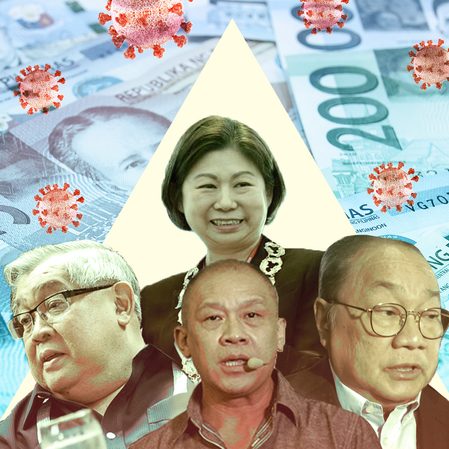


![[Time Trowel] Evolution and the sneakiness of COVID](https://www.rappler.com/tachyon/2024/02/tl-evolution-covid.jpg?resize=257%2C257&crop=455px%2C0px%2C1080px%2C1080px)


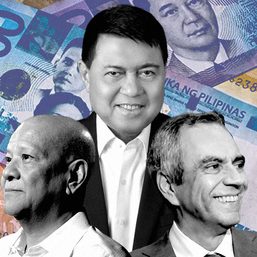
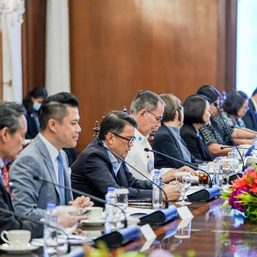
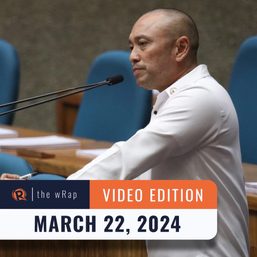
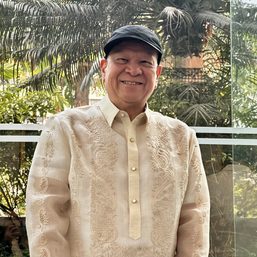
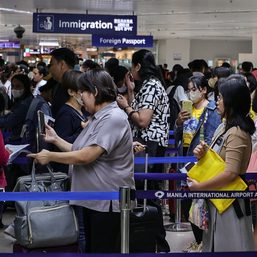
There are no comments yet. Add your comment to start the conversation.